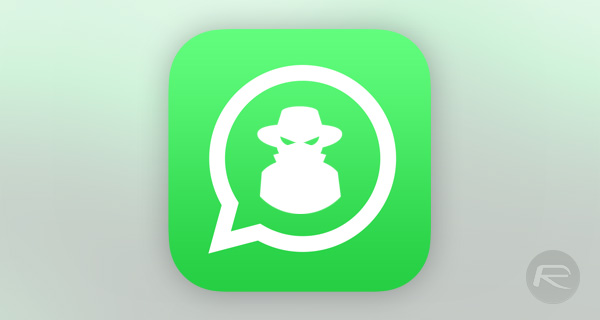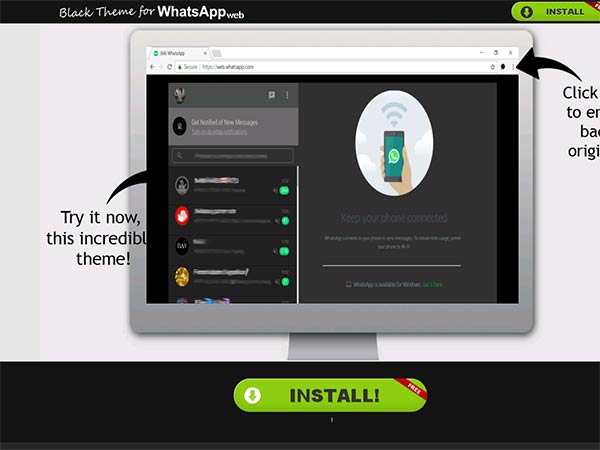A malicious WhatsApp message link is currently being sent around the Internet and social media with the sole aim of being shared between WhatsApp users to trick them into installing adware onto their computers.
WhatsApp is one of the world’s most popular cross-platform messaging tools in existence today, and as such it’s used globally by millions of users across Android, iOS, Windows, and the web. The power and seamless nature of the app mean users continually use it to transmit all types of data on a daily basis. The creators of the adware in question are relying on that transmittance of data to spread the malicious link which makes promises of installing a unique version of the platform.

Like many sophisticated scams of this nature, the provided link; “шһатѕарр.com” looks entirely legitimate on first glance and before any real attention is paid to what’s actually happening. With this particular link, the creators have used characters from the Cyrillic alphabet to make the link look like it goes to whatsapp.com when in reality it’s a malicious website designed to trick the user into the installation of a version of WhatsApp offered in different colors.
Apart from relying on WhatsApp as a method of being spread, the scam isn’t as highly sophisticated as it should be. When the link is selected, users are instantly asked to share their social media accounts as a method of verification. The process then involves installing a Google Chrome extension which is where things really start to go downhill.

Once the user falls for the bait and gets to that stage then they already have the malicious adware installed on their machine. The real trick here is to exercise caution and be entirely aware of the links that are selected and where they lead you to.

This is by no means the most sophisticated attempt at getting users to install dodgy software on their computers. However, given that it is focusing on WhatsApp users, and that they are so many global users willing to communicate and send data every single day via the platform, it stands a good chance of getting out there and actually tricking a fair number of people into going through the installation process. Remember to stay vigilant if you receive anything of this nature.
(Source: Reddit)
You might also like to check out:
- Download iFile IPA On iOS 10 [No Jailbreak Required]
- The Best Kodi 17 Krypton Skins / Themes [2017 Edition]
- Download iOS 10.3.2 Final Version IPSW Links For iPhone And iPad
- Download: iOS 10.3.3 Beta 1, macOS 10.12.6, tvOS 10.2.2, watchOS 3.2.3 Out Now
- Fix Kodi Black Screen Issue On 17 / 17.1 Krypton, Here’s How
- Jailbreak iOS 10.3.2 / 10.3.1 / 10.3 / 10.2.1 For iPhone And iPad [Latest Status Update]
You can follow us on Twitter, add us to your circle on Google+ or like our Facebook page to keep yourself updated on all the latest from Microsoft, Google, Apple and the Web.

